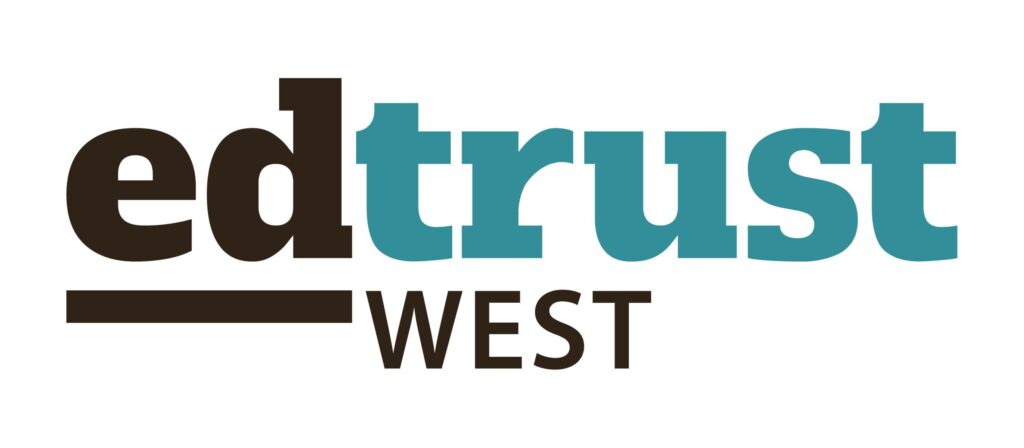Like other states, California has a set of curriculum frameworks that provide guidance to educators on teaching different subjects. These updates help ensure that our teachers are given the most up-to-date, research-backed information on how to help students learn and achieve. As a former teacher and administrator I appreciate that this updating process begins with input from teachers and other educators.
A few years back the state updated guidance around science, and this year the state will finalize updates to math guidance. At EdTrust–West, we’ve been closely monitoring and engaging in this updating process as there are clear equity imperatives here. On recent statewide assessments, the percentage of Black and Latinx students at grade level in math declined multiple points – a situation that should be so alarming to us as a state that one expert recently dubbed it a “five alarm fire”.
One thing that we think the vast majority of educators, researchers and professors, advocates, students, and parents can agree on is this: math matters. Math matters a great deal in California actually, and is crucial for solving some of the state’s biggest challenges from public health to increasingly devastating wildfires.
For two years, EdTrust–West has led a diverse coalition of stakeholders to review and thoughtfully provide feedback on how we can better serve California students in mathematics, particularly Latinx, Black, and multilingual learners. The coalition has included equity-driven educators, community-based organizations, parent-led organizations, and English learner advocates. The following math equity principles have guided our advocacy work on math, and are supported by a range of K12 educators, college professors, and community leaders – including school district leader Xilonin Cruz-Gonzalez, policy institute Just Equations, and the family organizers at the Parent Institute for Quality Education (PIQE).. We urge the State Board of Education to ensure the approved math framework and its roll-out align with these principles:
- Students should learn how mathematical thinking connects to a wide range of topics in school and in the real world
- How we teach math should be updated so it makes sense for the 21st century
- Math should be taught in a way that helps all students see themselves as capable of doing math, not in a way that locks out certain students
- Teachers need cutting-edge professional development and supports so they can be as effective as possible in helping students learn math
- Math should prepare all California students for a full range of educational and workforce opportunities

To sign on in support of these math equity principles, visit this page.
You can see more about the proposed framework here and offer your comments on the proposed revisions by emailing [email protected] – comments are due by May 16th.


